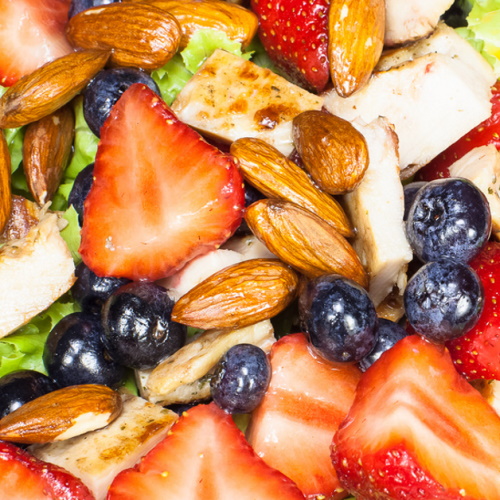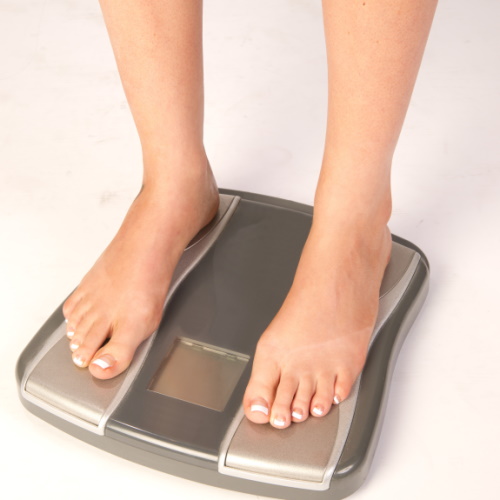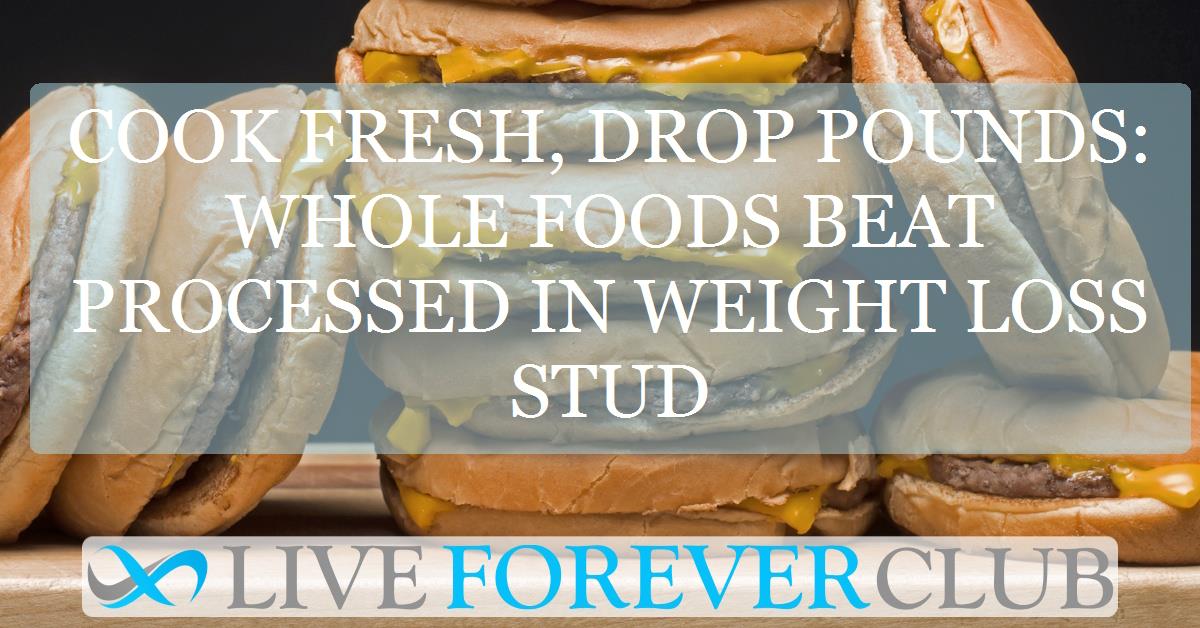Key points from article :
A new study published in Nature Medicine has found that people lose significantly more weight when eating minimally processed foods prepared from scratch compared to ultra-processed foods (UPFs), even when both diets are matched for calories, fat, sugar, and other nutrients. Led by Dr. Samuel Dicken and conducted by University College London and UCL Hospitals NHS Trust, the trial involved 55 adults with obesity. Over an eight-week period, participants alternated between a diet of UPFs—such as breakfast bars and ready-made meals—and a diet of minimally processed foods like oats, natural yoghurt, and home-cooked dishes.
Despite both diets having the same nutritional makeup, those on the minimally processed diet lost twice as much weight on average and consumed about 170 fewer calories per day compared to the UPF group. The minimally processed group also experienced greater reductions in fat mass and reported fewer food cravings, suggesting improvements in appetite control. Researchers estimate that, over a year, this difference could result in a 13% body weight reduction in men and 9% in women.
Professor Chris van Tulleken, co-author of the study, emphasized that ultra-processing—not just fat, sugar, or salt content—plays a key role in driving poor health outcomes. He called for a policy shift away from blaming individual choices and toward addressing the broader food environment shaped by global food companies. The study highlights how UPFs’ soft textures and calorie-dense composition encourage overeating, even if not all UPFs are inherently harmful.
The researchers urge policymakers to introduce measures such as warning labels, marketing restrictions, and subsidies to make healthy, minimally processed foods more accessible. With healthy food often costing up to twice as much as processed options, the findings underscore the need for structural changes to support long-term public health and weight management.







